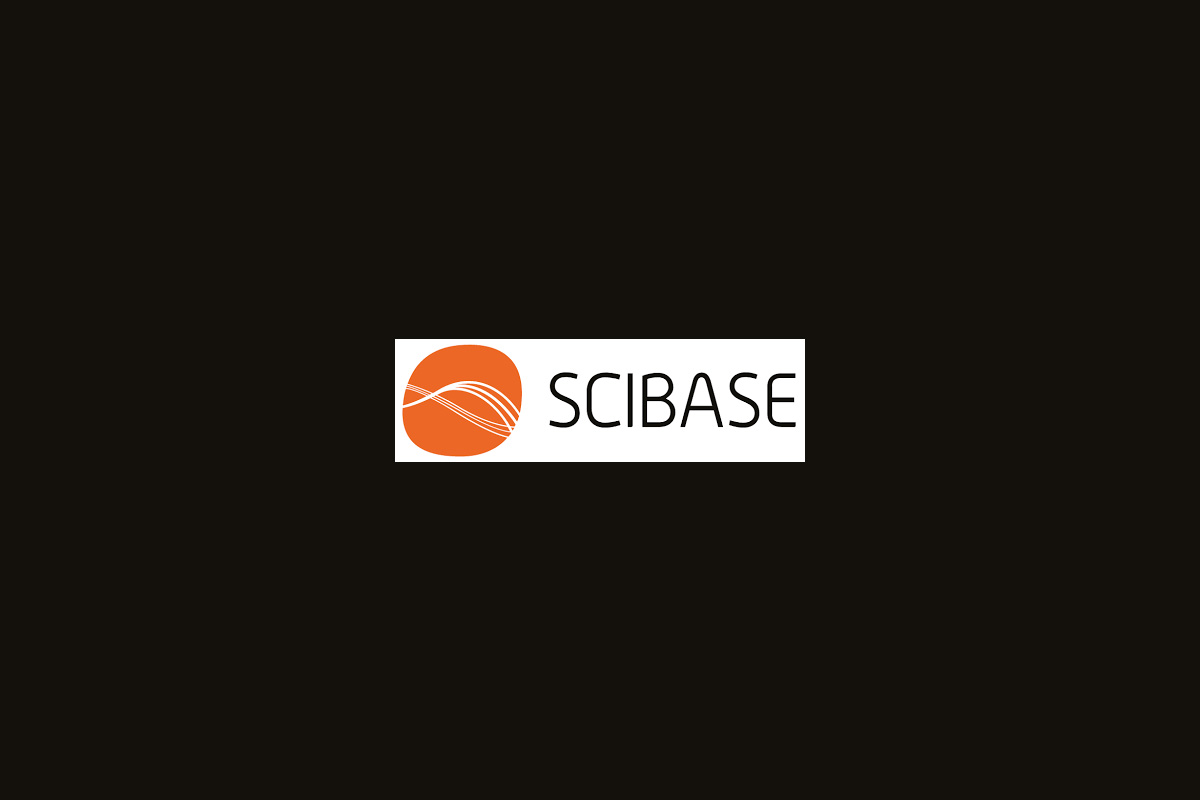SciBase Holding AB (“SciBase”) [STO:SCIB], a leading developer of augmented intelligence-based solutions for skin disorders, announced today the publication of a groundbreaking article presenting the “epithelial barrier hypothesis” in Nature Reviews Immunology. The article was written by Professor Cezmi Akdis at the Swiss institute of Allergy and Asthma Research (SIAF). Prof. Akdis is the key research collaborator in SciBase’s product development for skin barrier assessment. The article presents the background for the steep increase in allergic diseases over the last decades, and how this increase is connected to industrialization and modern lifestyle.
Simon Grant, CEO of SciBase commented, “This article shows just how important the skin and epithelial barrier in general, are in the development of a range of diseases. It also illustrates the potential value of tools for epithelial barrier assessment. This week Prof Akdis and his team in Davos also published an article in Allergy on the use of Nevisense with perhaps the most common barrier-related disease, atopic dermatitis. The Nature article is impressive in its breadth and by extension what it can mean for SciBase’s barrier assessment technology. I think this will help followers of SciBase understand why we have included barrier assessment as a key component of our strategy. The article is not just important from a scientific perspective; we also believe it will, together with the previously published article in Allergy, drive interest from researchers and potential industry partners.”
Professor Akdis provides some background. “There has been a steep increase in allergic and autoimmune diseases, reaching epidemic proportions and now affecting more than one billion people worldwide. These diseases are more common in industrialized countries, and their prevalence continues to rise in developing countries in parallel to urbanization and industrialization. Intact skin and mucosal barriers are crucial for the maintenance of tissue homeostasis as they protect host tissues from infections, environmental toxins, pollutants and allergens.
A defective epithelial barrier has been demonstrated in allergic and autoimmune conditions such as asthma, atopic dermatitis, allergic rhinitis, chronic rhinosinusitis, eosinophilic esophagitis, coeliac disease and inflammatory bowel disease. In addition, leakiness of the gut epithelium is also implicated in systemic autoimmune and metabolic conditions such as diabetes, obesity, multiple sclerosis, rheumatoid arthritis, systemic lupus erythematosus, ankylosing spondylitis and autoimmune hepatitis. Finally, distant inflammatory responses due to a `leaky gut’ and microbiome changes are suspected in Alzheimer disease, Parkinson disease, chronic depression and autism spectrum disorders.
The article introduces the `epithelial barrier hypothesis’, which proposes that the increase in epithelial barrier-damaging agents linked to industrialization, urbanization and modern life underlies the rise in allergic, autoimmune and other chronic conditions. Furthermore, it discusses how the immune responses to impaired microbiota, which normally acts as a barrier against pathogens, may be involved in the development of these diseases.
The research started in 1998 with the first studies showing mechanisms of eczema, mechanisms of epithelial cell death and continued with more than 60 publications, many major discoveries and one ready to use skin barrier detection instrument.
The articles can be found at:
















Got a Questions?
Find us on Socials or Contact us and we’ll get back to you as soon as possible.